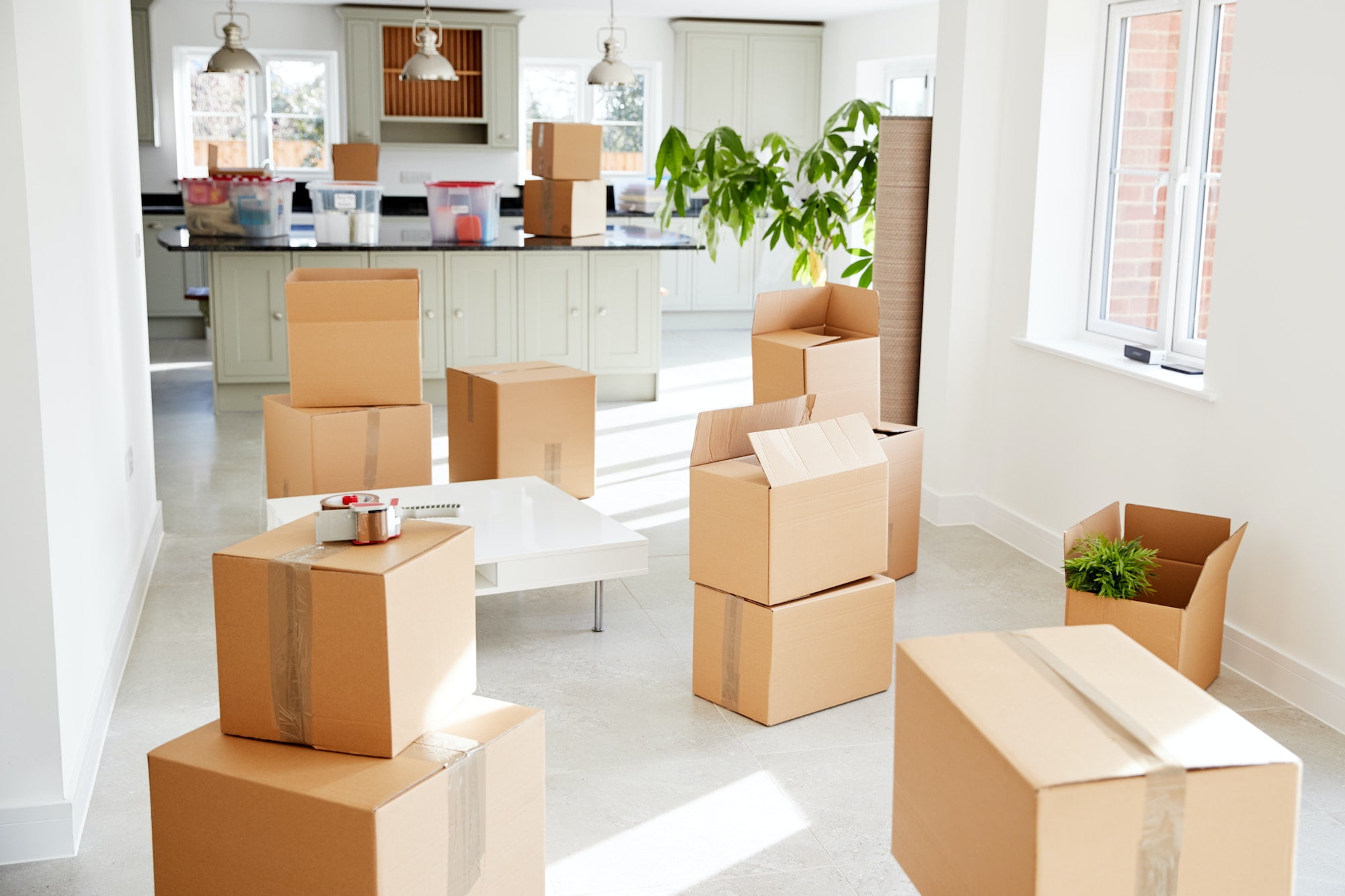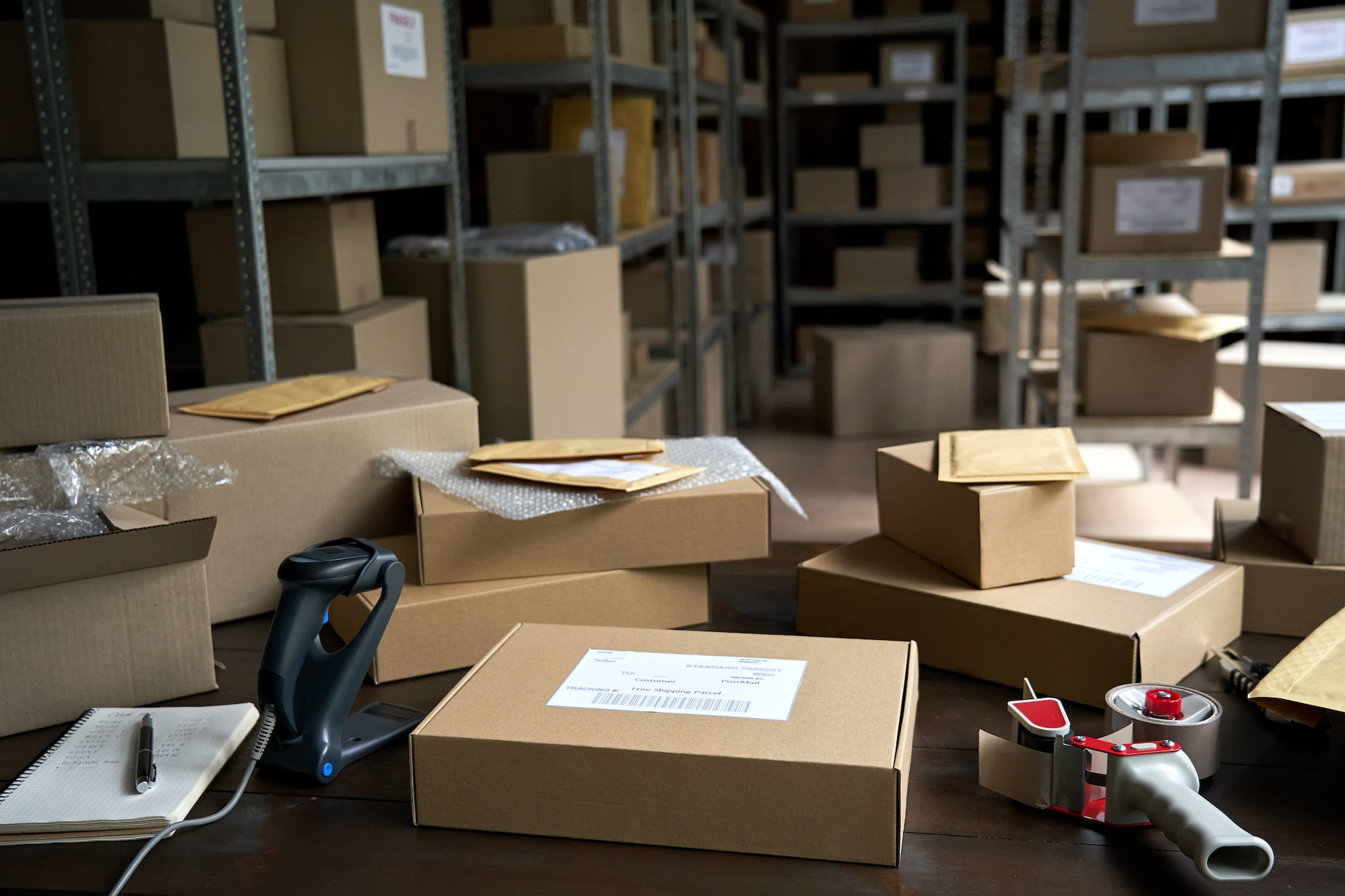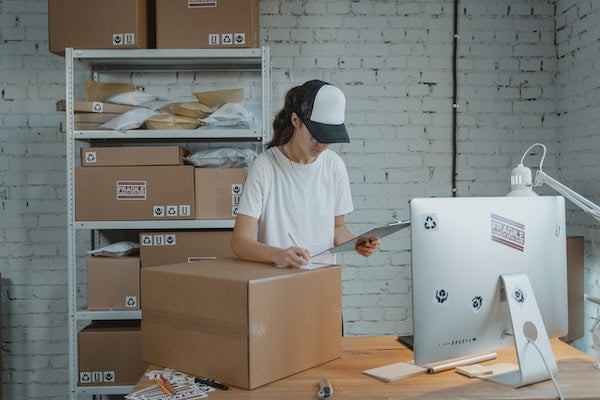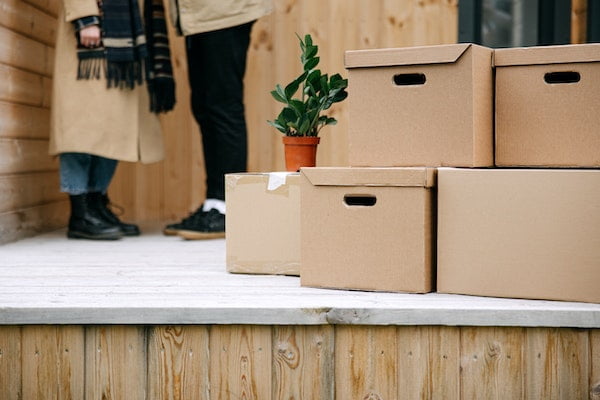
Moving days are notorious for being tiring and stressful, but this doesn’t always have to be the case if you know how to do it right.
When it comes to moving, it’s all about planning and preparation. The more prepared you are for the move, the smoother your day will be when it’s time to do it. If you want your moving day to be a breeze (or at least less stressful), then you need to plan, prepare, and do the work beforehand.
Here are some of our top tips to help you avoid headaches and keep your sanity during moving day.
1. Pack Well in Advance
One of the biggest mistakes that people make is waiting until moving day to pack a lot of their things. Not only can this stress you out on the day itself, but it also wastes your time and energy. Avoid this problem entirely by packing most (if not all) your things ahead of time. We recommend starting your packing activities a few weeks before your actual moving day so that you can pack gradually at a comfortable pace. Remember: moving day is about moving – not packing and moving!
2. Use the Right Tools
Packing isn’t just about stuffing your items in any container that will hold them – not if you want your things to arrive safely in your new home. It’s also about using the right tools and materials to protect your things during transport. This means choosing the right type of boxes or containers as well as the right stuffing materials to keep your things safe. Buy new moving boxes if your current ones are old or damaged, and don’t shy away from using custom-made boxes or containers for your more special items.
3. Label Your Boxes and Containers
Packing is one thing; packing smart is another. One clever way to unpack your things quicker when you move is to label your boxes or containers. Write down what items are inside your boxes and what room they’re destined for. By labelling your boxes this way, you can unpack your things more easily and avoid confusing boxes with one another. To help you even more, consider labelling your boxes with numbers, so you know exactly how many boxes you’re moving. This can also help you notice immediately if you have any boxes missing.
4. Pack and Protect Breakables Properly
There are few things worse on moving day than unpacking your box of fragile items and finding out that they’re broken. Avoid this disappointment by packing and protecting your breakable items properly before transporting them. Make sure that you pad each item with clothing, newspaper or bubble wrap to provide extra cushion. There are also techniques on how to pack fragile items properly to prevent unnecessary movement or damage during transport. Plates, for example, are best packed vertically rather than horizontally to prevent breaks and damage.
5. Take a Photo of How Your Electric Wirings are Connected
Ever needed to re-plug wires in your TV or appliance but forgot where to plug them? Avoid this hassle when you move in by taking pictures of these configurations before packing them for transport. This will give you a good guide of where to put things back in the right place once you unpack them in your new home. You can use this trick for TVs, appliances, and other electronic devices that have complicated wiring or settings.
6. Use Luggage, Suitcases, Baskets, etc. as Extra Containers
If you own luggage, suitcases or baskets, then use these to your advantage as extra containers for your things. These items will take up space in your van or moving truck already, so you might as well make the most out of them. Luggage and suitcases, in particular, make excellent containers for your clothes and knick-knacks.
7. Pack an Essentials Bag
Things don’t always pan out the way you want during moving day, so it always helps to be prepared if you don’t finish everything on moving day. One good way to stay prepared for the unexpected is to pack an ‘essentials’ bag that contains all your essential items for your day-to-day living. This includes clothing, toiletries, phone chargers and other things you would use in a normal day. With this bag ready, you can settle in and live comfortably for the next couple of days after moving day even if you haven’t unpacked everything yet.
8. Notify Suppliers of Your New Address in Advance
It’s important to change and update your address with utilities and suppliers well before your moving day. This will ensure that you have your utilities and essential services working the day you move in. Most suppliers recommend updating your address two weeks before your moving day to provide enough time to transfer services. Do this for your utility suppliers, banks, phone and Internet providers, insurance companies and other important services you use.
9. Buy Fewer Groceries on the Week of Your Move
If possible, reduce your groceries on the week of your move so that you have fewer things to clean and throw away. Remember that the more groceries and items you have, the more things you’ll need to throw away and pack. Make things simpler for yourself by reducing the amount of groceries and clutter in your current home before moving out. Reducing groceries on the week of your move will also help make it easier and quicker to clean your refrigerator, pantry and food cabinets.
10. Hire Movers if you Have a Lot of Fragile Things
While you can certainly pack and move everything yourself, it’s best to consider hiring professional movers if you also need to move large or extremely fragile items. These types of things need proper packing and transport skills, and most homeowners simply don’t have the right tools and experience to move these things correctly.
Professional movers will have the advantage of having the right equipment, experience, and skills to move special items, and they can ensure that these things reach your new home in good condition. Many movers are also insured, so you have more security if something goes wrong. Make sure to enquire and book professional movers in advance because some movers can get fully booked several weeks beforehand.
11. Start Moving Day Early
Moving days are almost always hectic days, so it’s best to start your move early so that you have more time to complete it. By starting your day early, you can travel back and forth between properties if necessary and have enough time for unexpected side-trips and activities. More importantly, you’ll have more time to unpack and settle in comfortably in your new home, helping to make your moving day more organised and less stressful.
Do Most of the Work Before Moving Day
The key to a smooth and stress-free moving day is to do most of the packing and heavy work well before you actually move. This will allow you to make moving and unpacking your priority during moving day. Remember that advanced planning and preparation go a long way in moving, so make sure that you do most of the packing and moving preparations before the day itself.
Share This Post
Author
Admin
RELATED POSTS






Search for:
